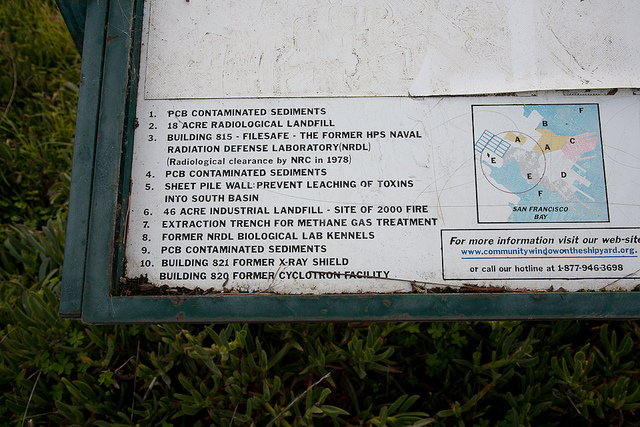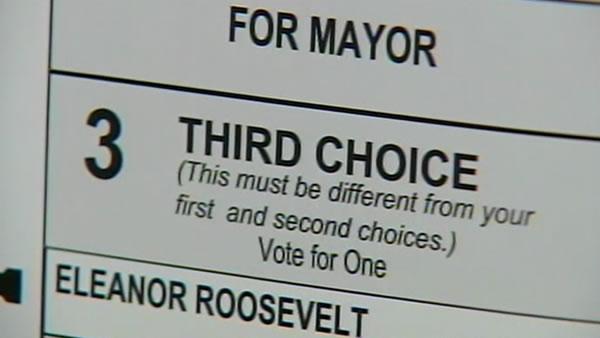Newsdesk News
Newsdesk.org: A Changemakers Finalist
|
Newsdesk.org was among nine finalists, out of 300+ applicants, in the WeMedia “pitch it” contest, which was staged at their annual event in Miami. Our entry, LOCAL.NEWSDESK.ORG, is a core idea underlying the whole Newsdesk.org effort. It proposes to create a self-propagating network of cost-efficient, public-interest local news bureaus that use the News You Might Have Missed thesis of “important but overlooked news” as a key editorial principle. We do view this as a step forward for public media in general. The Extraordinaries, an ingenious volunteer-through-your-cellphone app, ultimately took the prize, but it’s interesting to note that the local.newsdesk.org presentation was apparently something of a hit.


